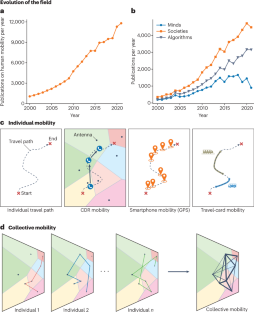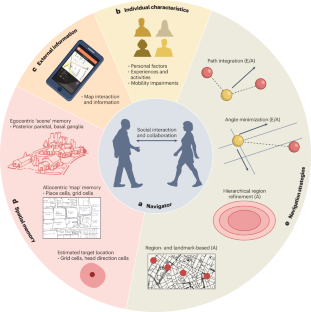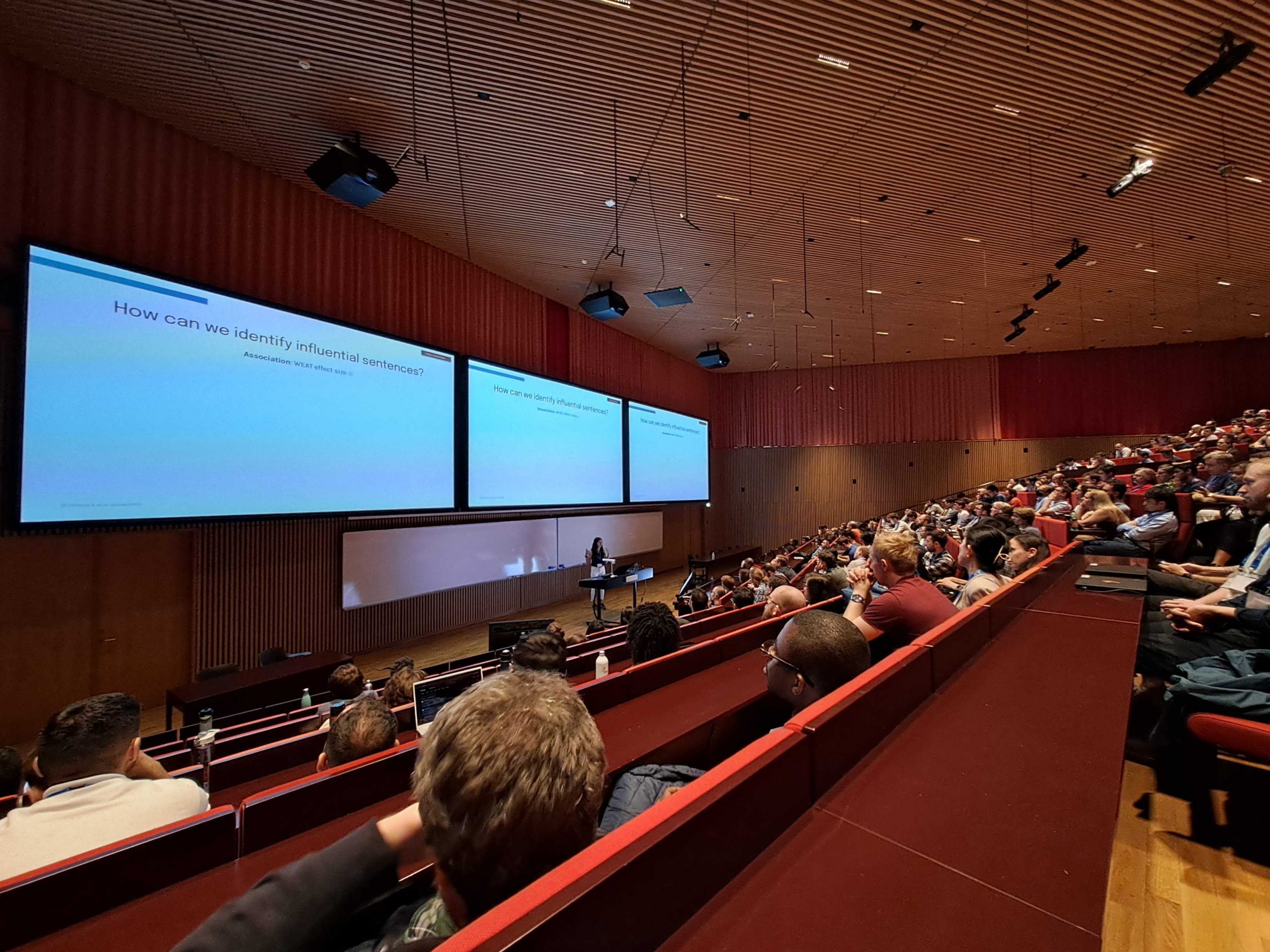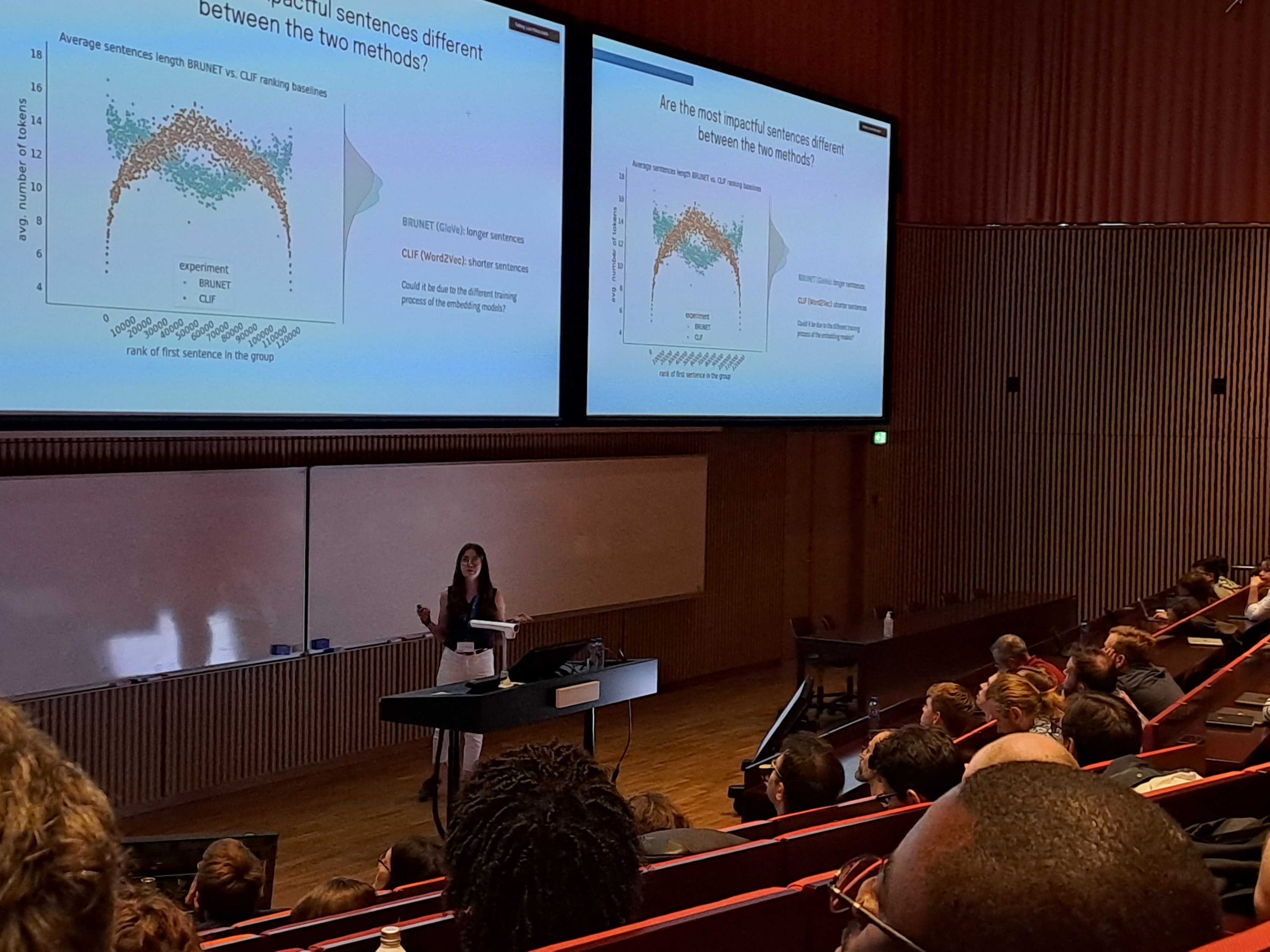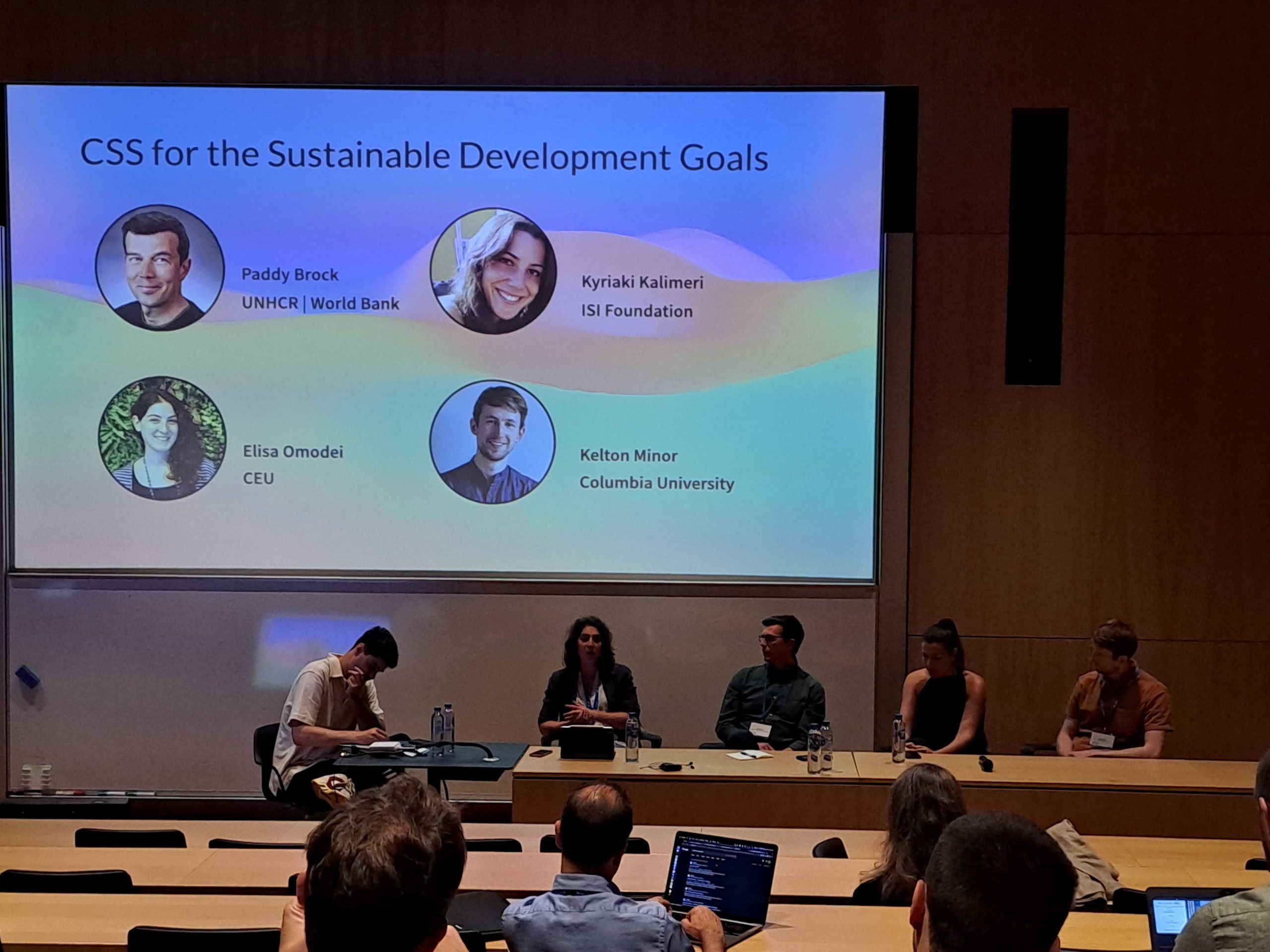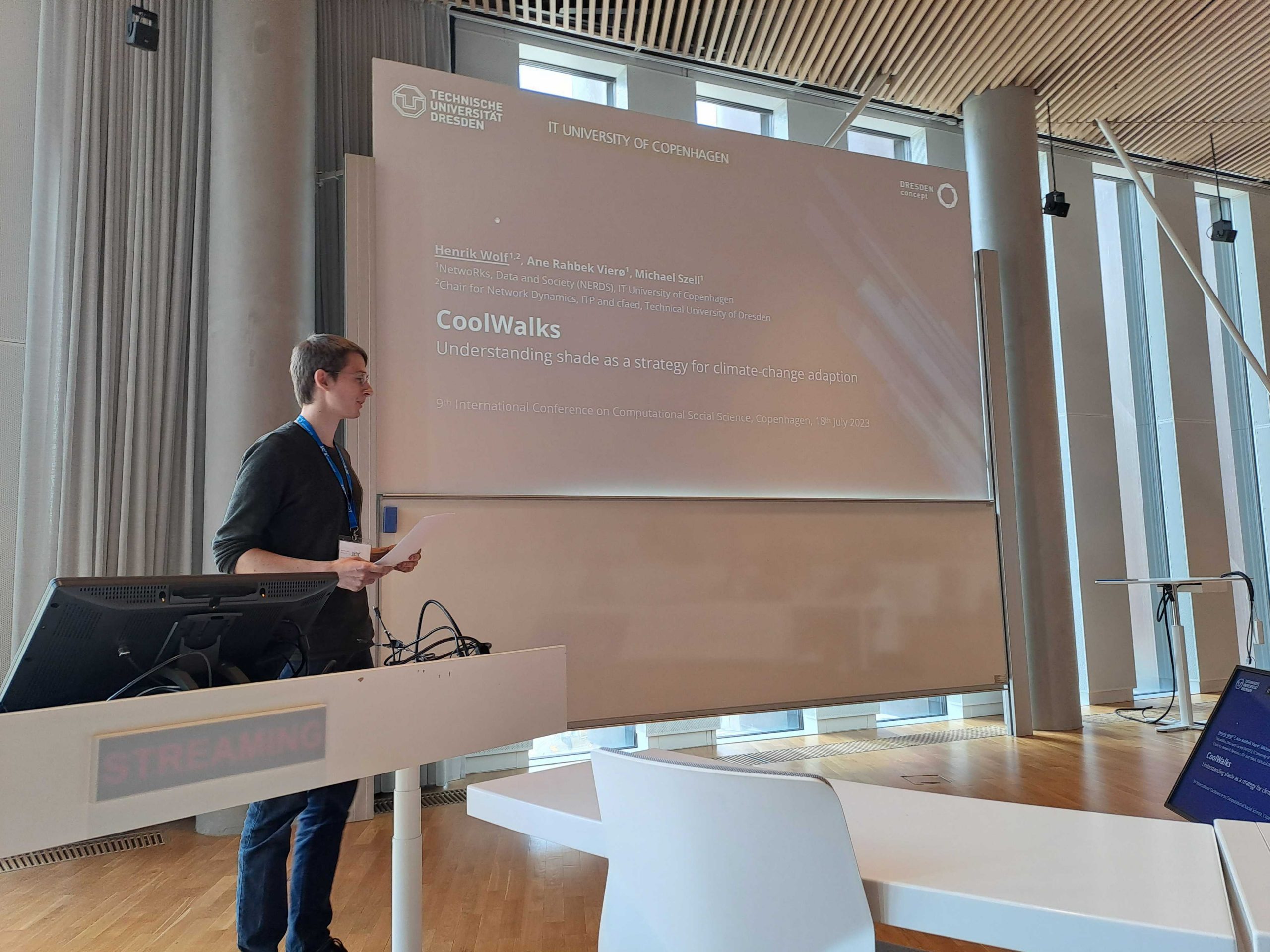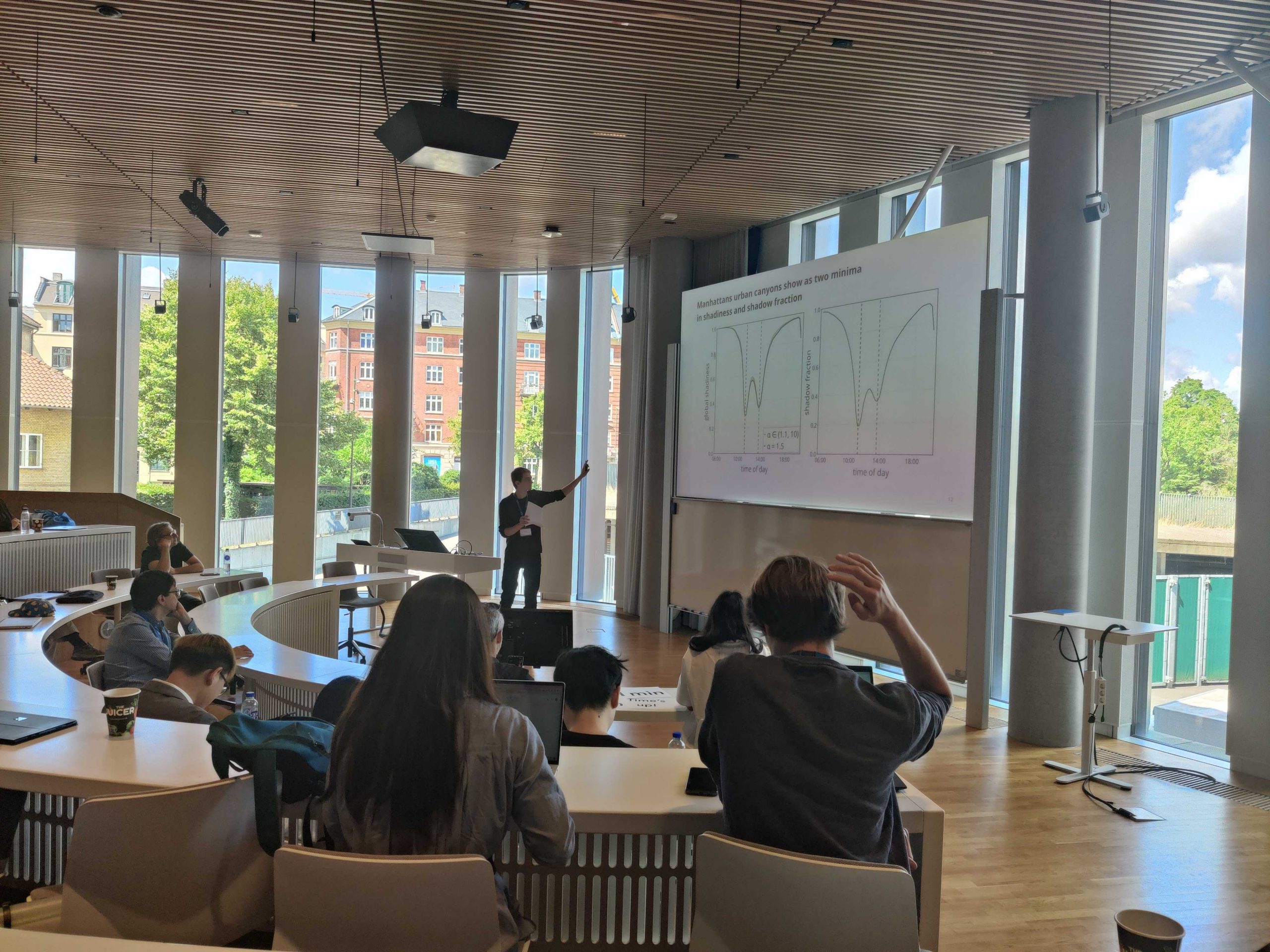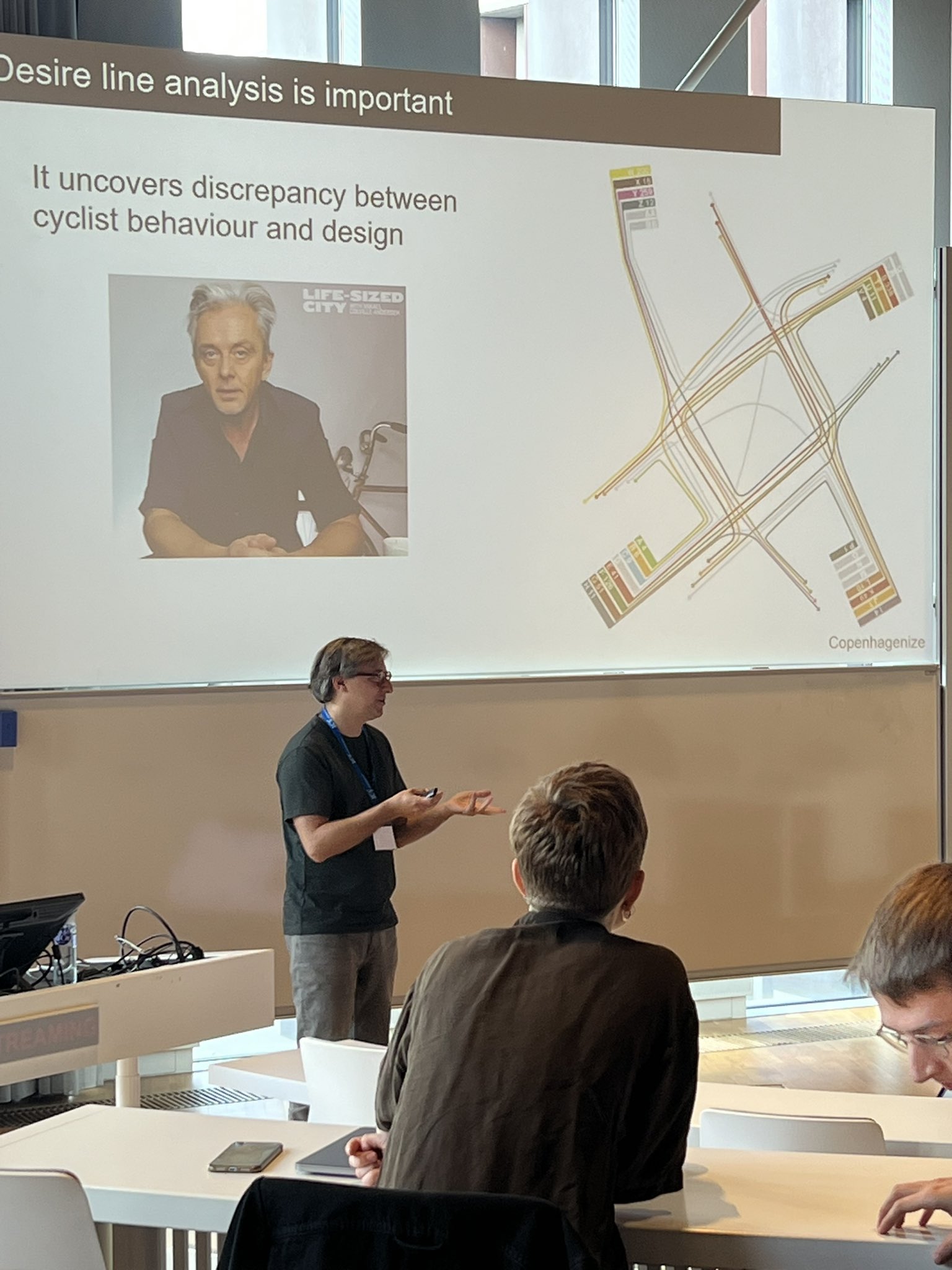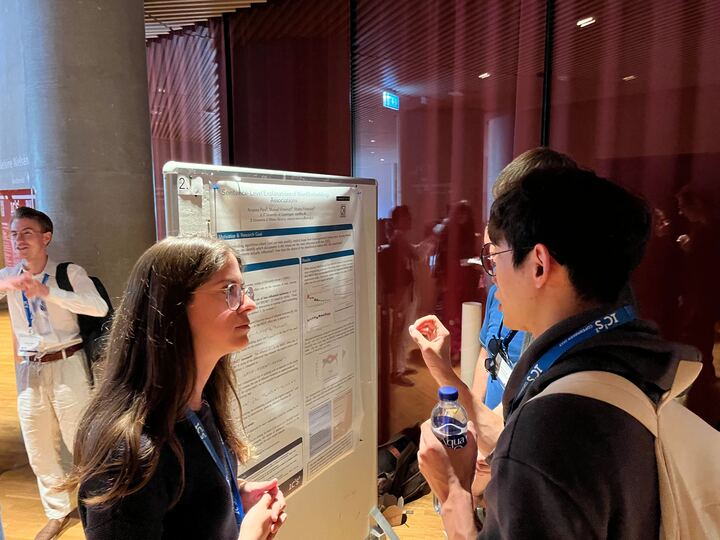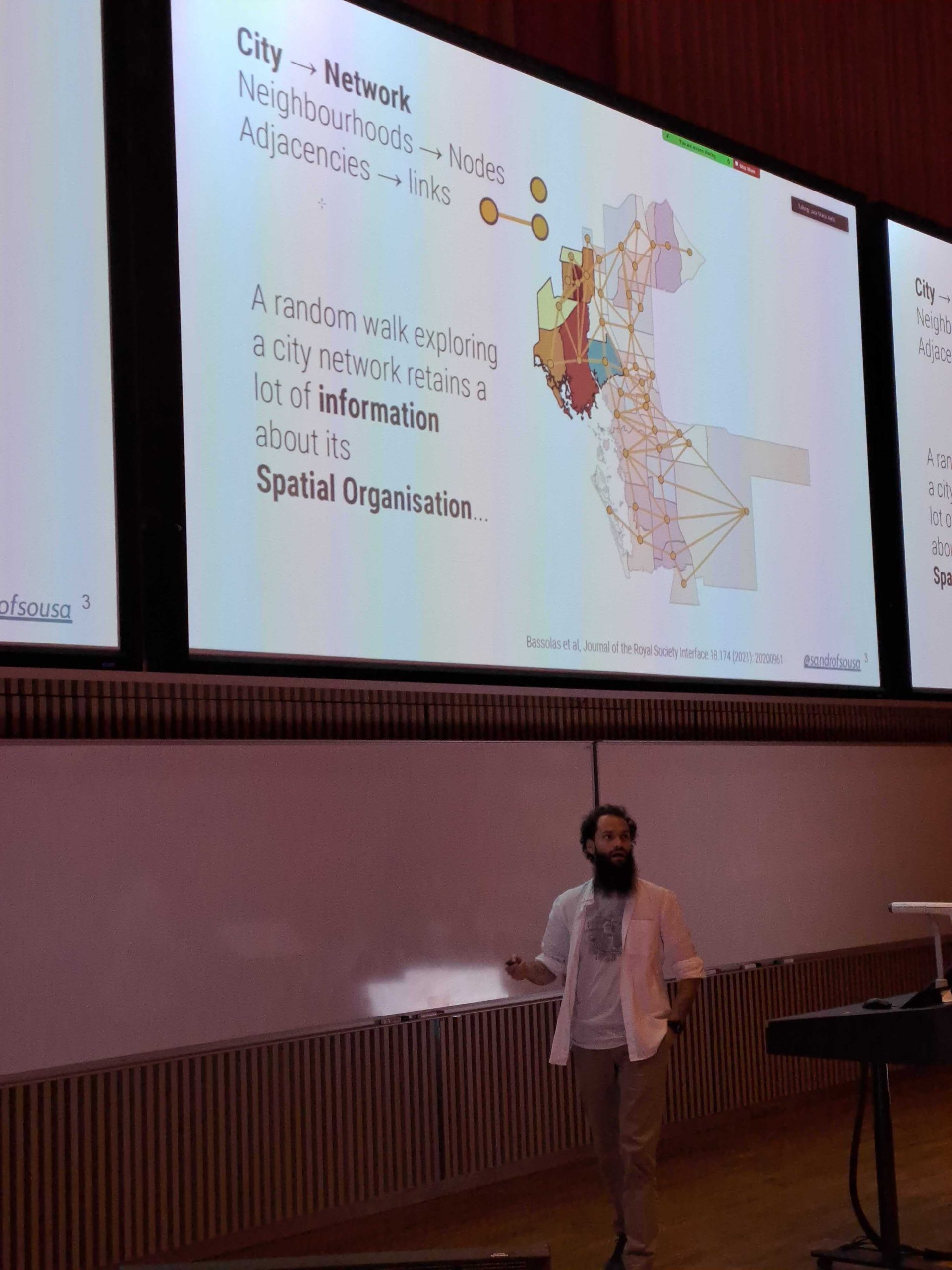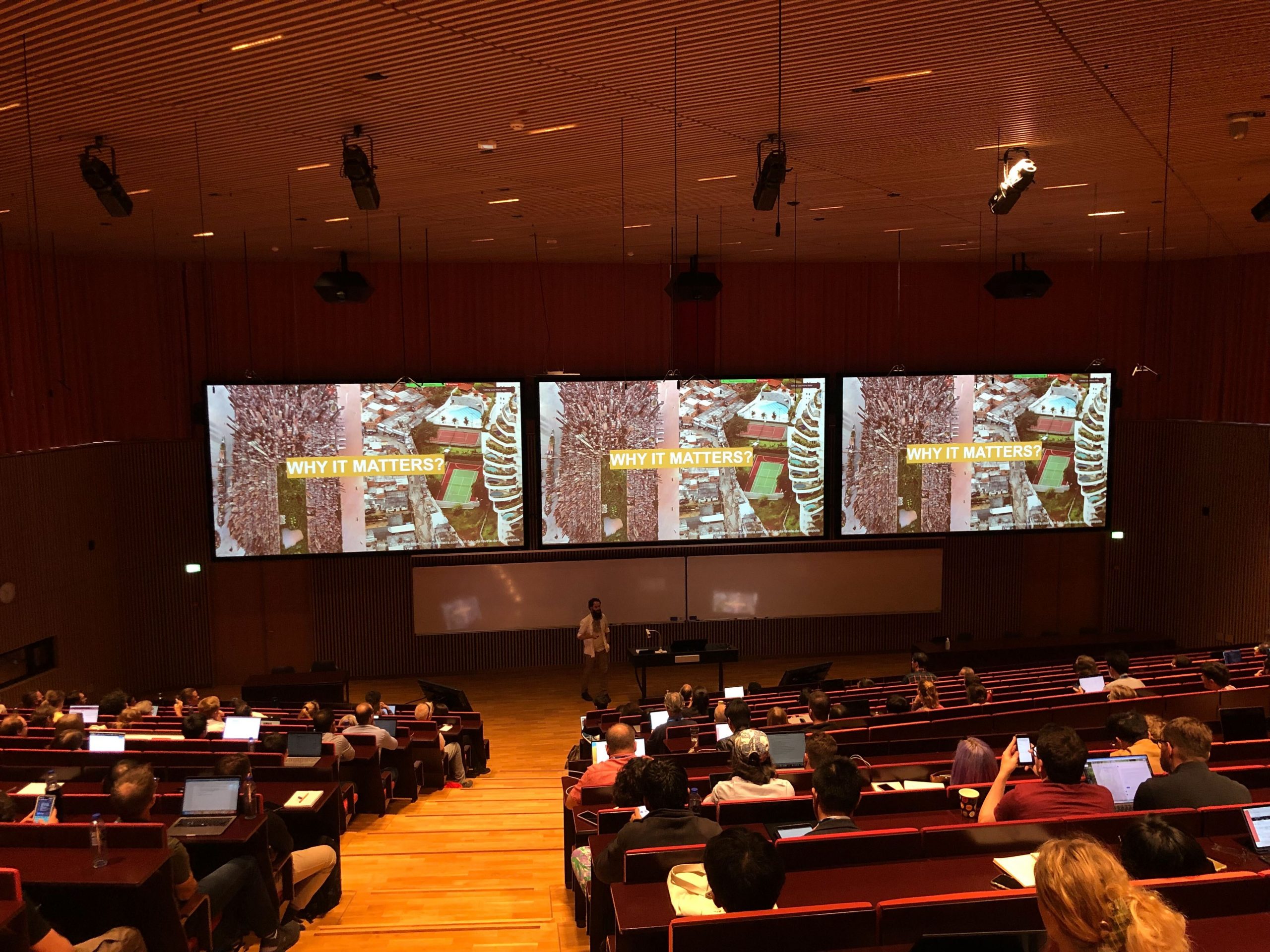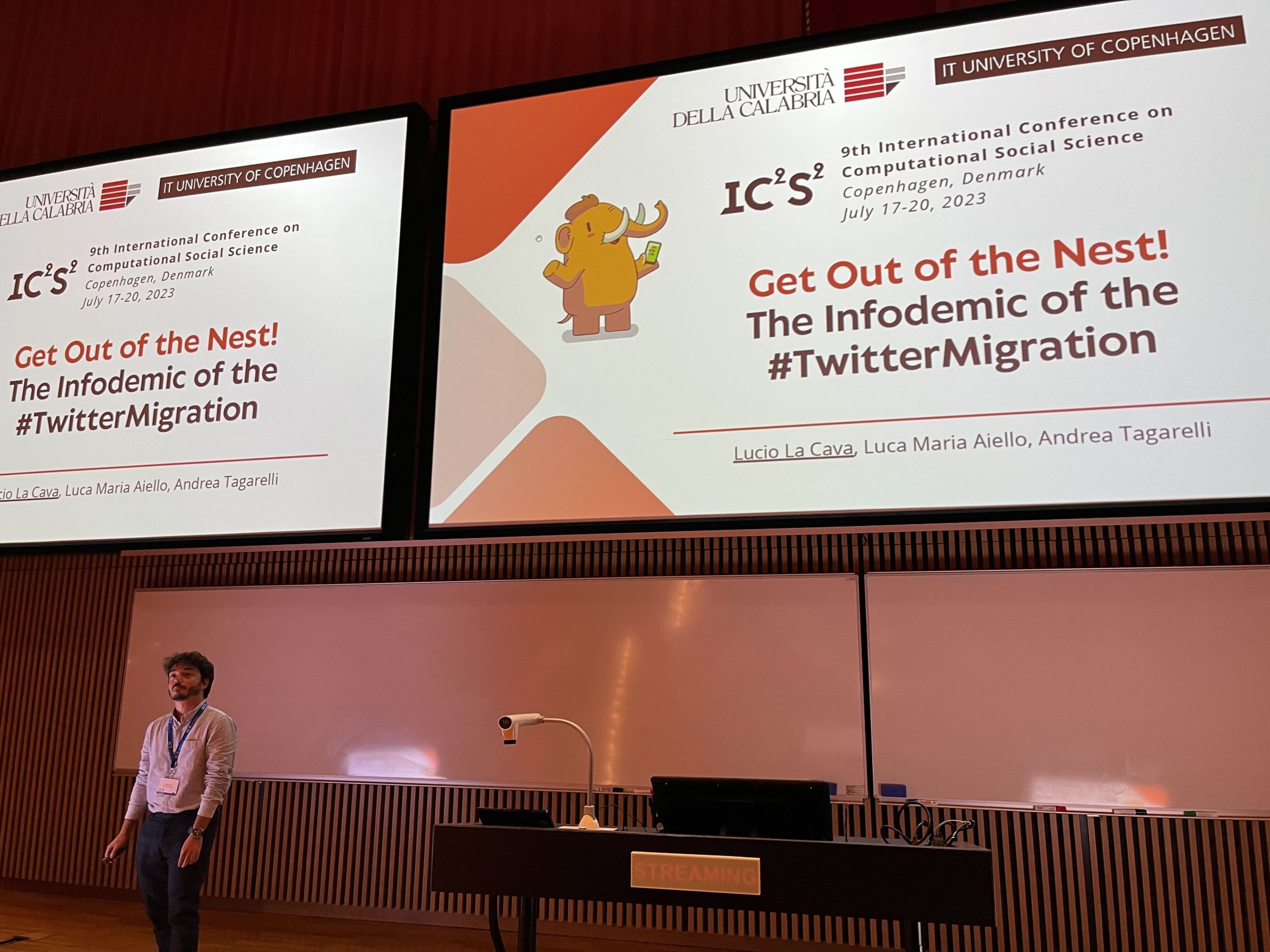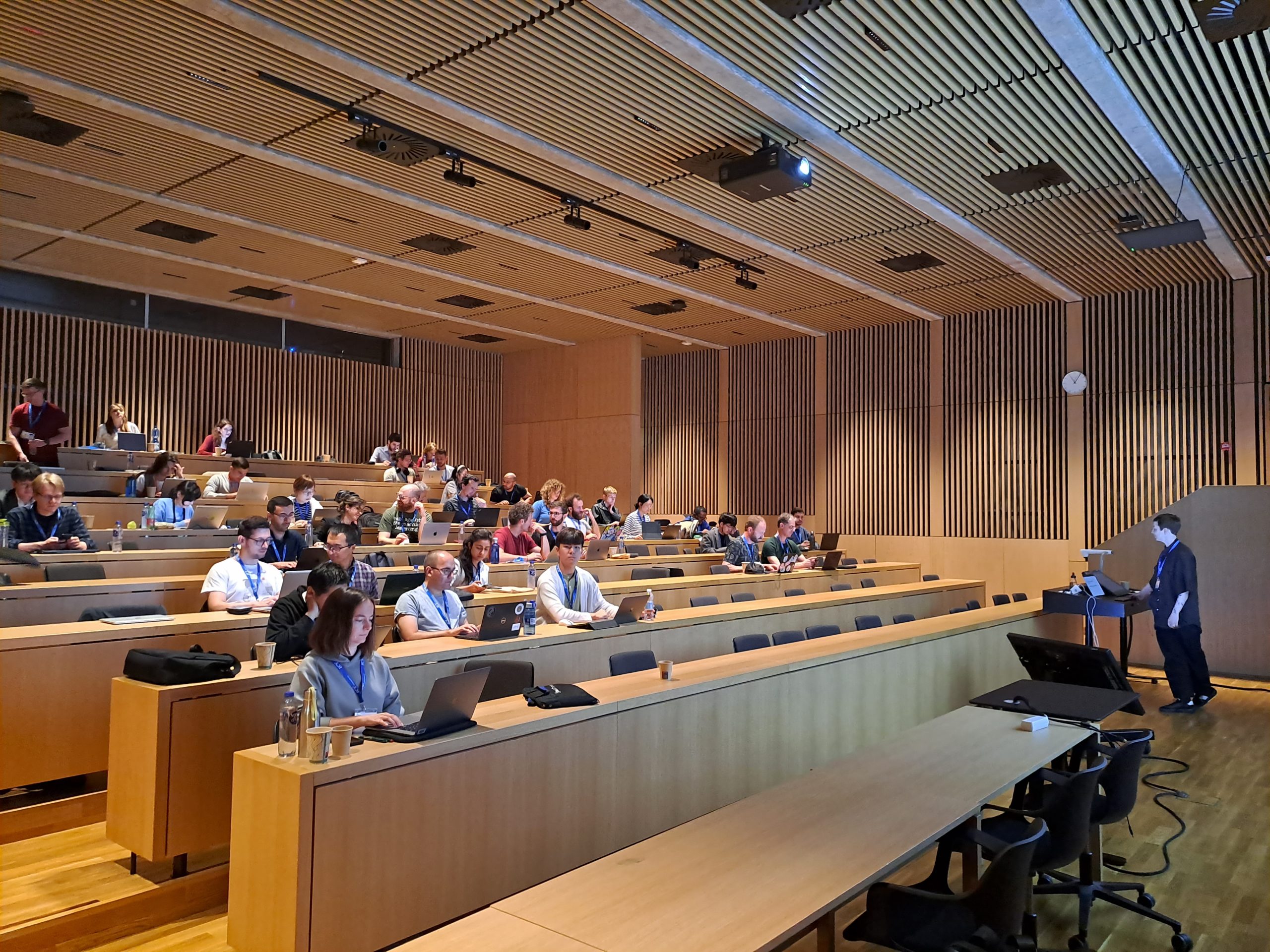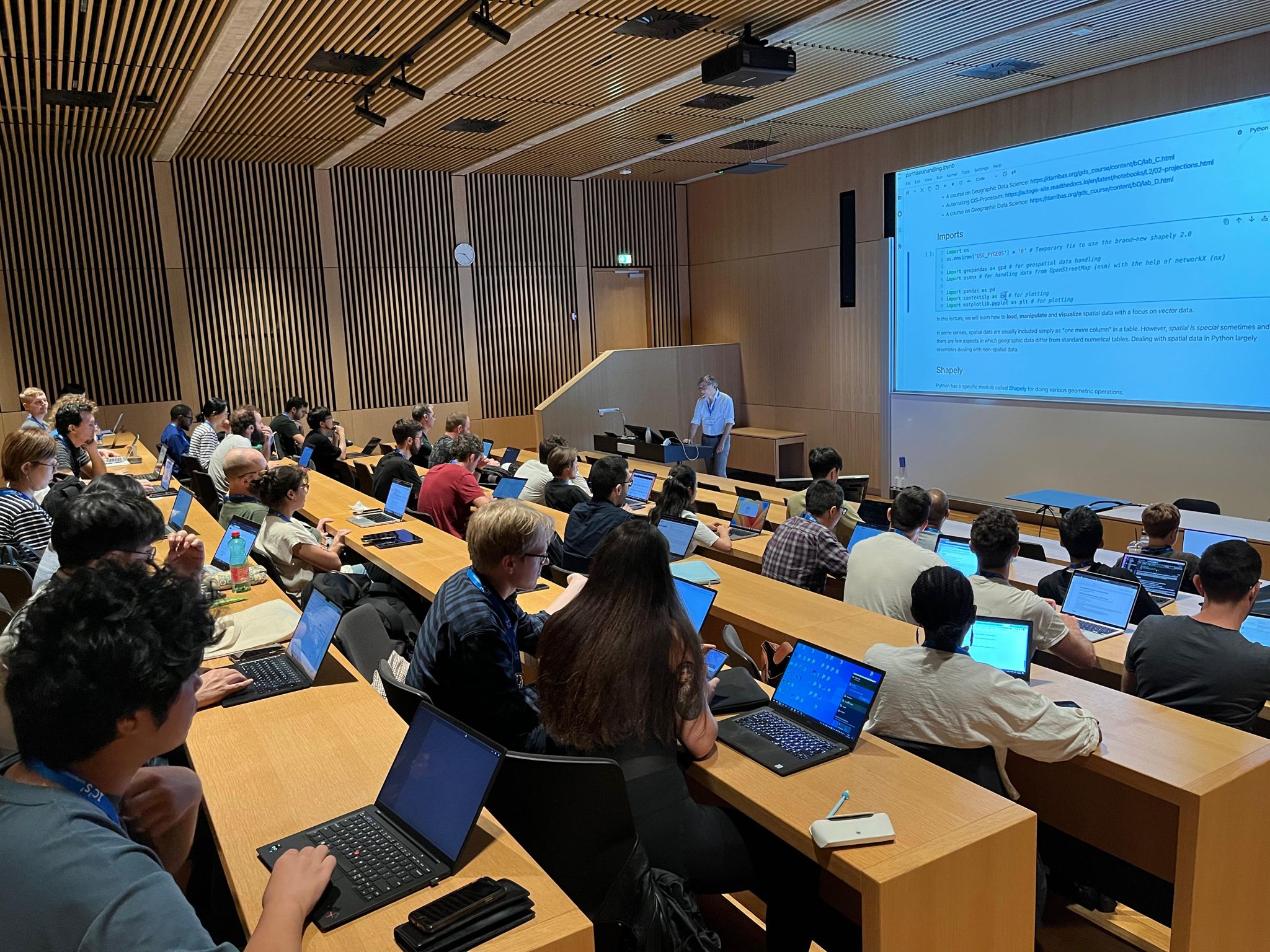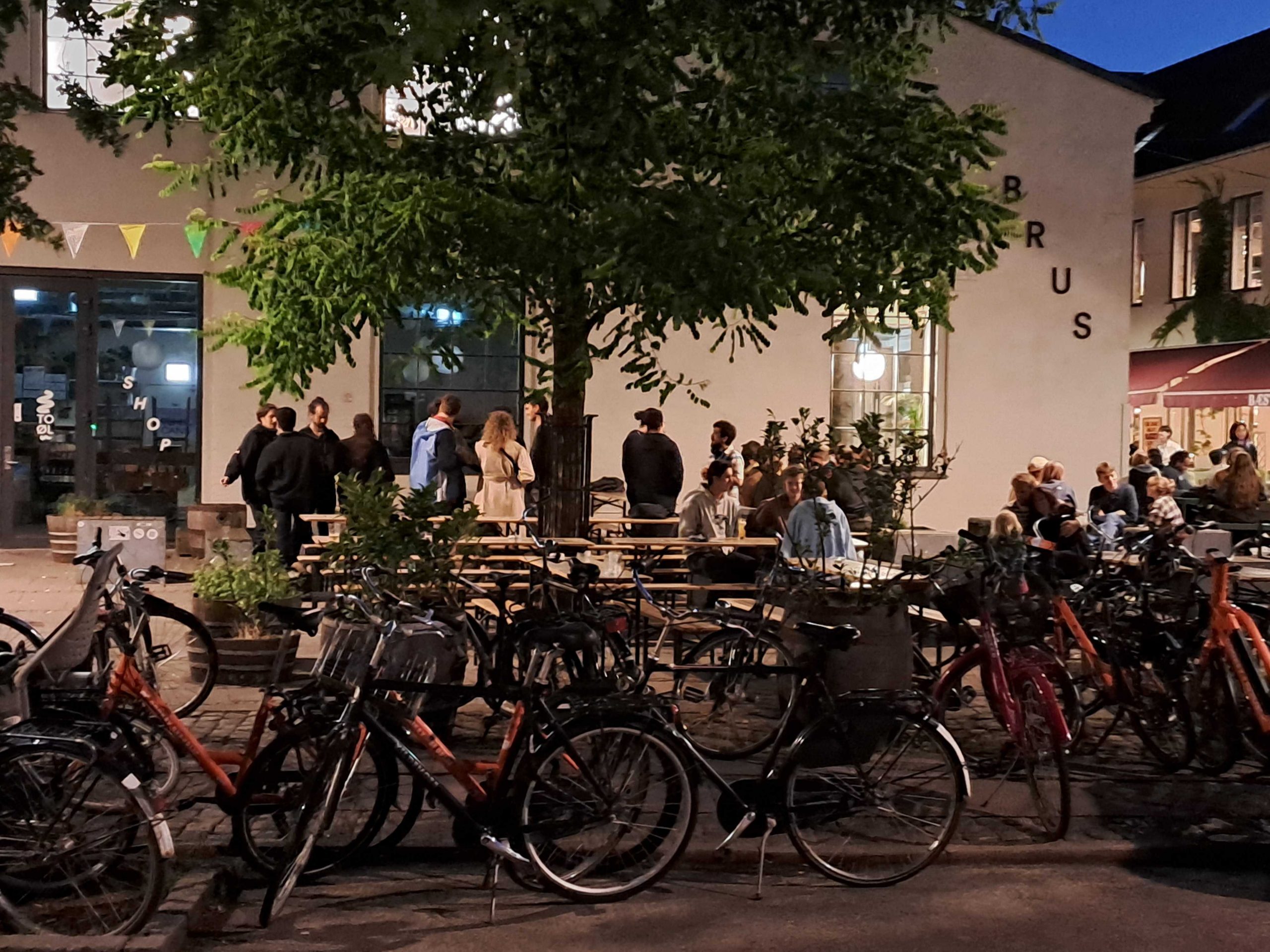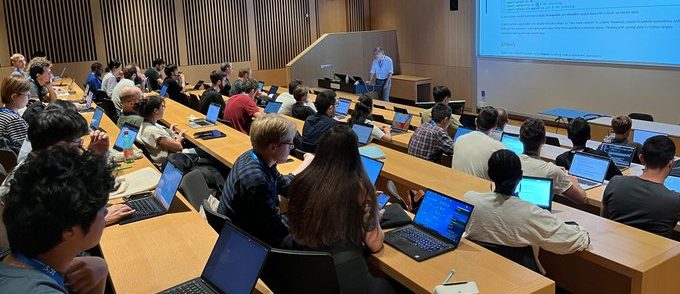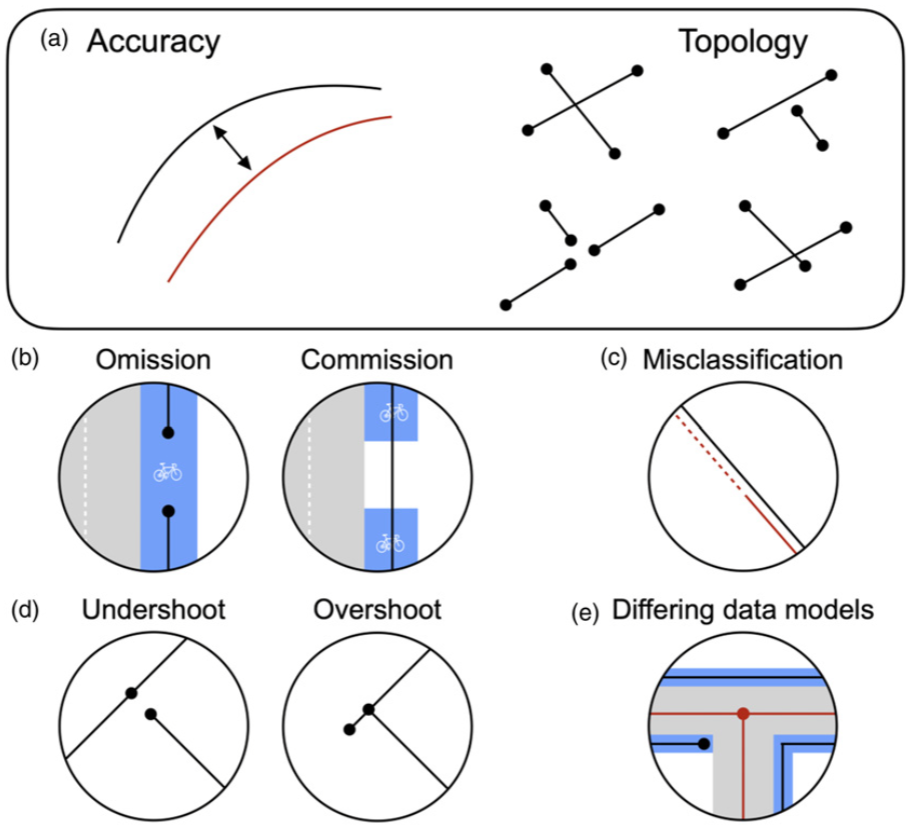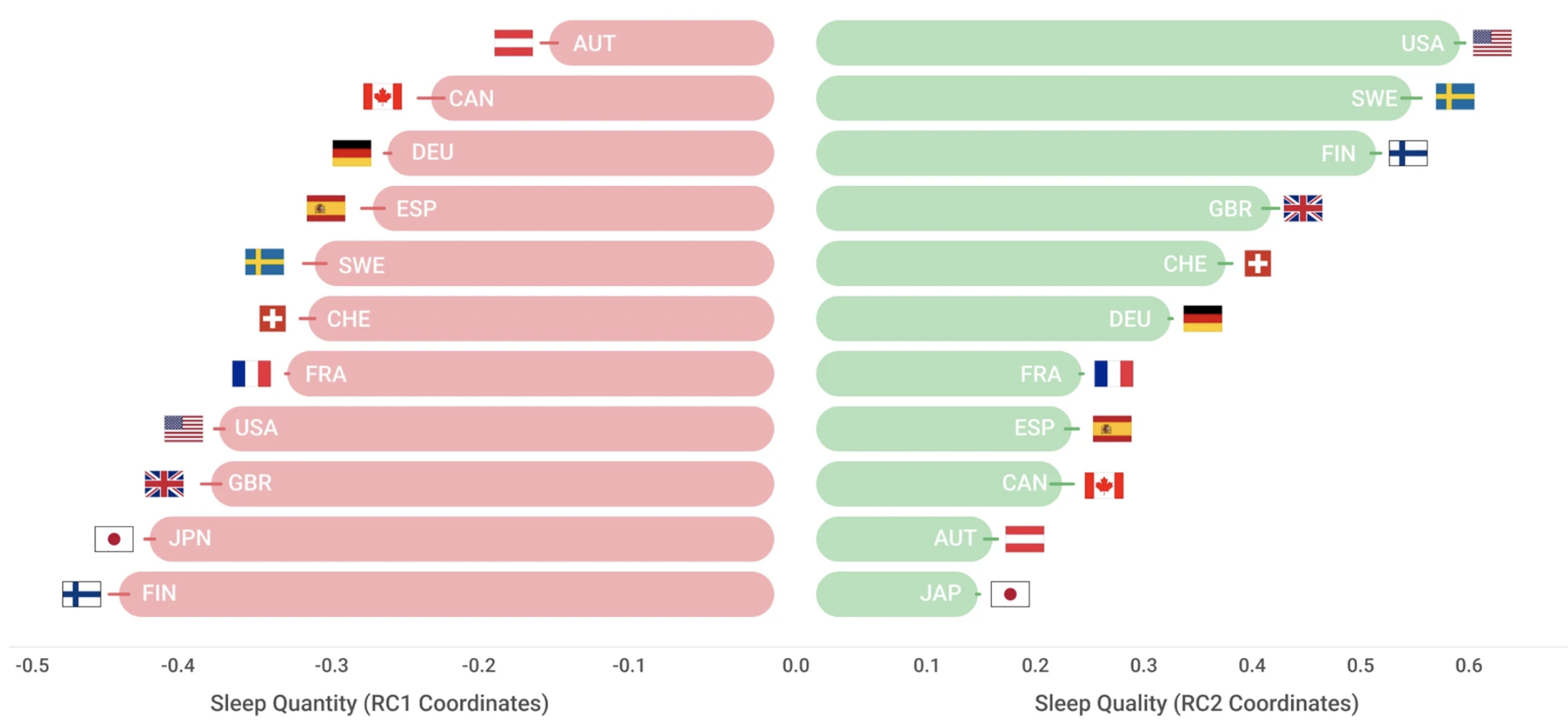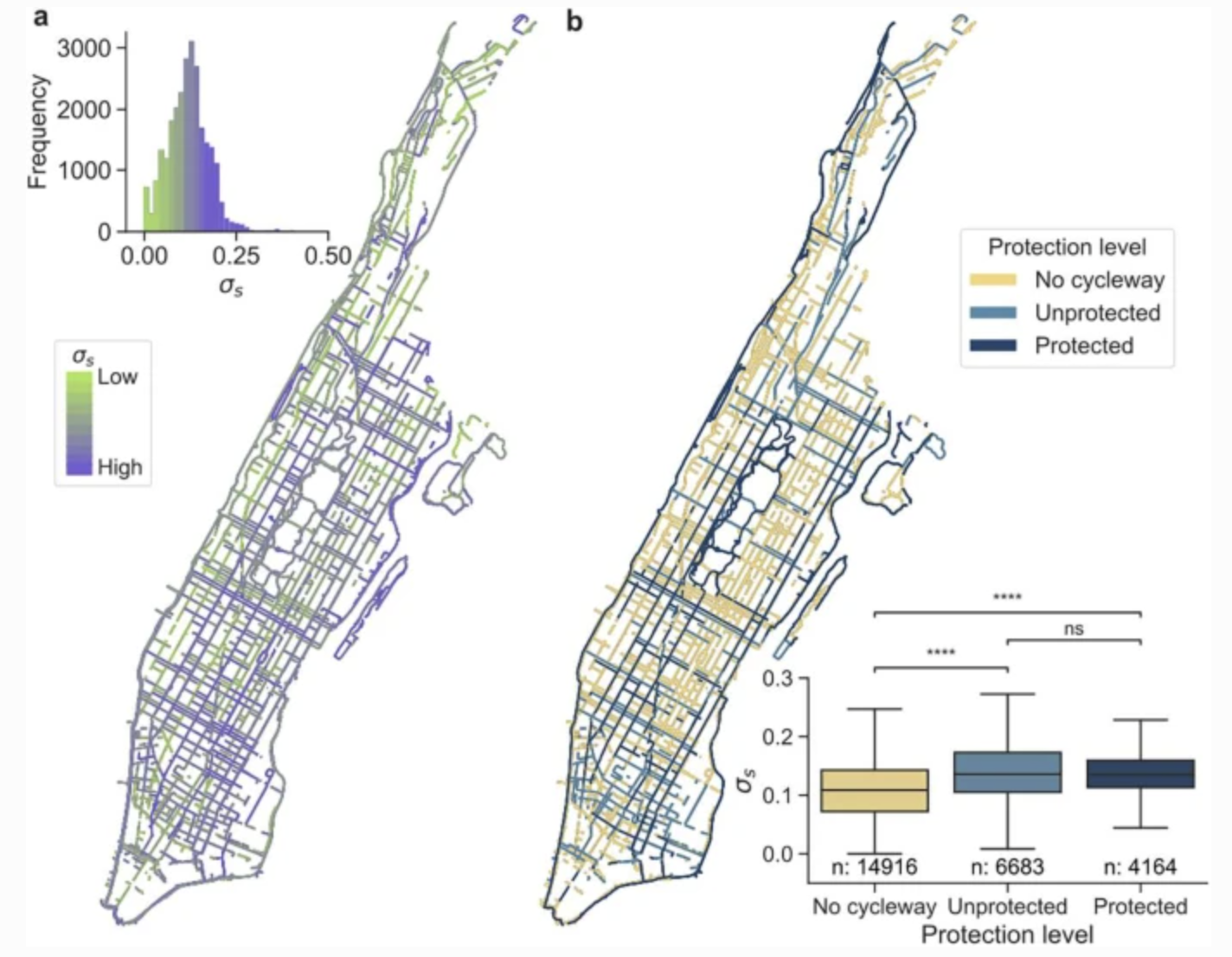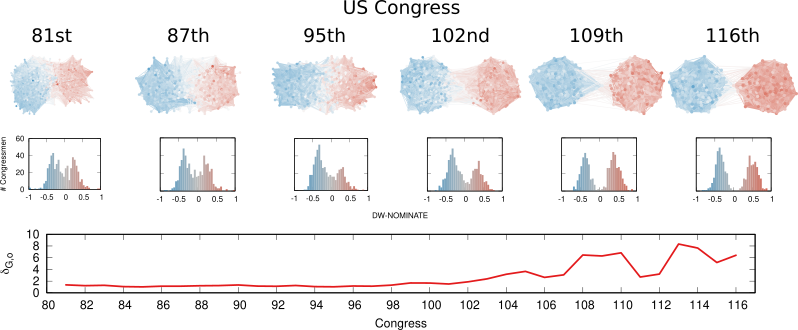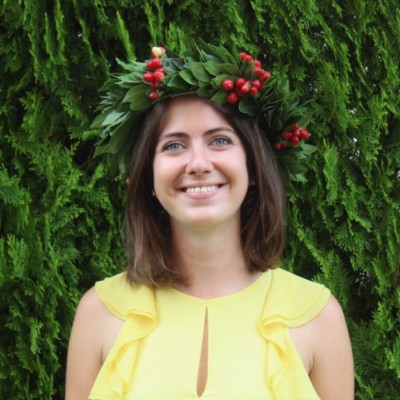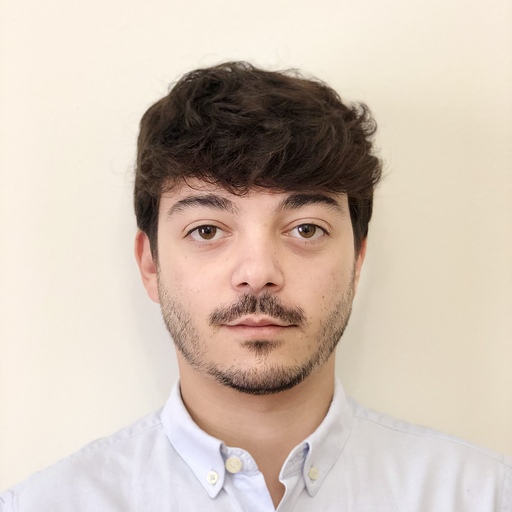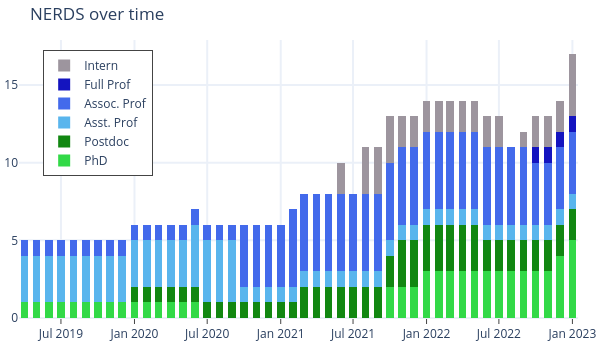The OECD/ITF (International Transport Forum) released the document “Towards the Light: Effective Light Mobility Policies in Cities” with policy recommendations towards more sustainable cities through light mobility such as bicycles, scooters, or micro vehicles.
In this report, a whole section called “Go faster! Develop high-quality wheeled light mobility infrastructure that fits the context” is based almost entirely on several of our NERDS papers on bicycle/micromobility network analysis. The section discusses how “a strong effort should be made to ensure that the newly created network is connected to the greatest extent possible and allows access to important and popular points of interest”, and how data-driven approaches that we developed are “important tools” that can complement traditional manual approaches:
Further, the report cites a previous study of ours on the perceived distribution of road space,
[Cars] have become so entrenched in the urban landscape that the general public often systematically overestimates the amount of mobility space allocated to non-motorised modes – while underestimating the space allocated to the car (Szell, 2018). Additionally, much of the violence they impose on all other road users is normalised and remains unaddressed in public and policy discourses.
and concludes:
Policy makers and planners need to remove their car blinders and cure their car blindness so that they can finally see the light.
We wholeheartedly agree and are happy that our research is useful for sustainable policy-making in an international context. (The International Transport Forum is an inter-governmental organisation within the OECD system, and is the only global body with a mandate for all modes of transport. It acts as a think tank for transport policy issues and organises the annual global summit of transport ministers.)

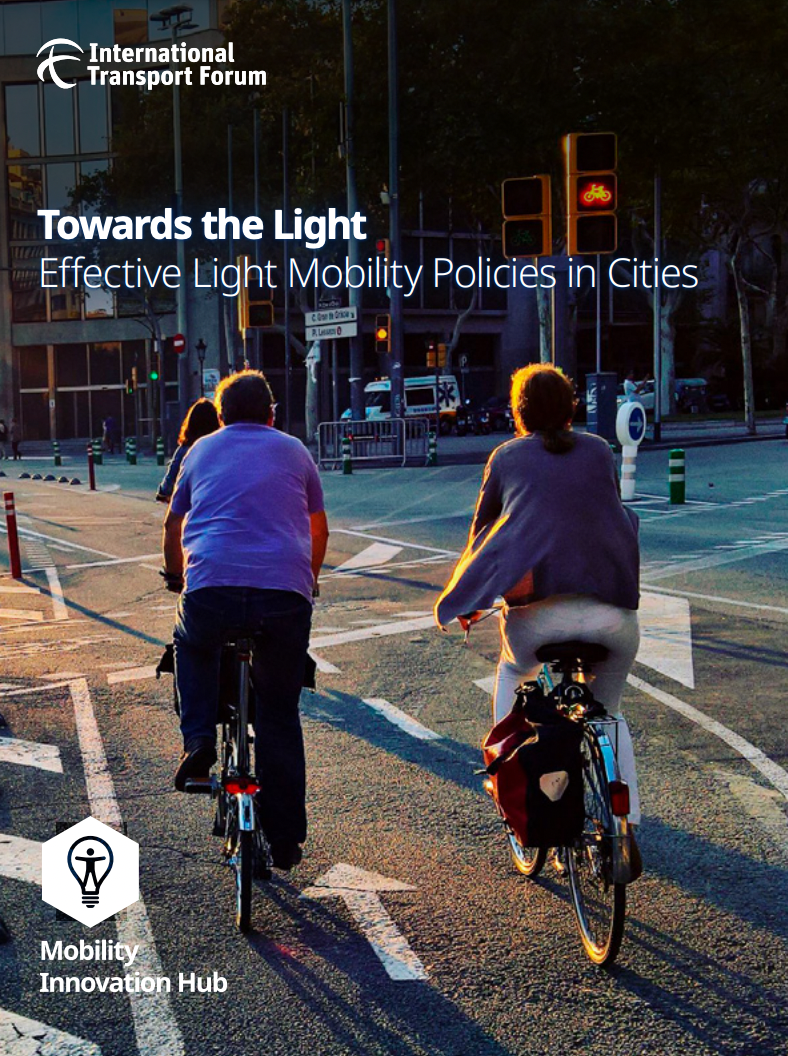
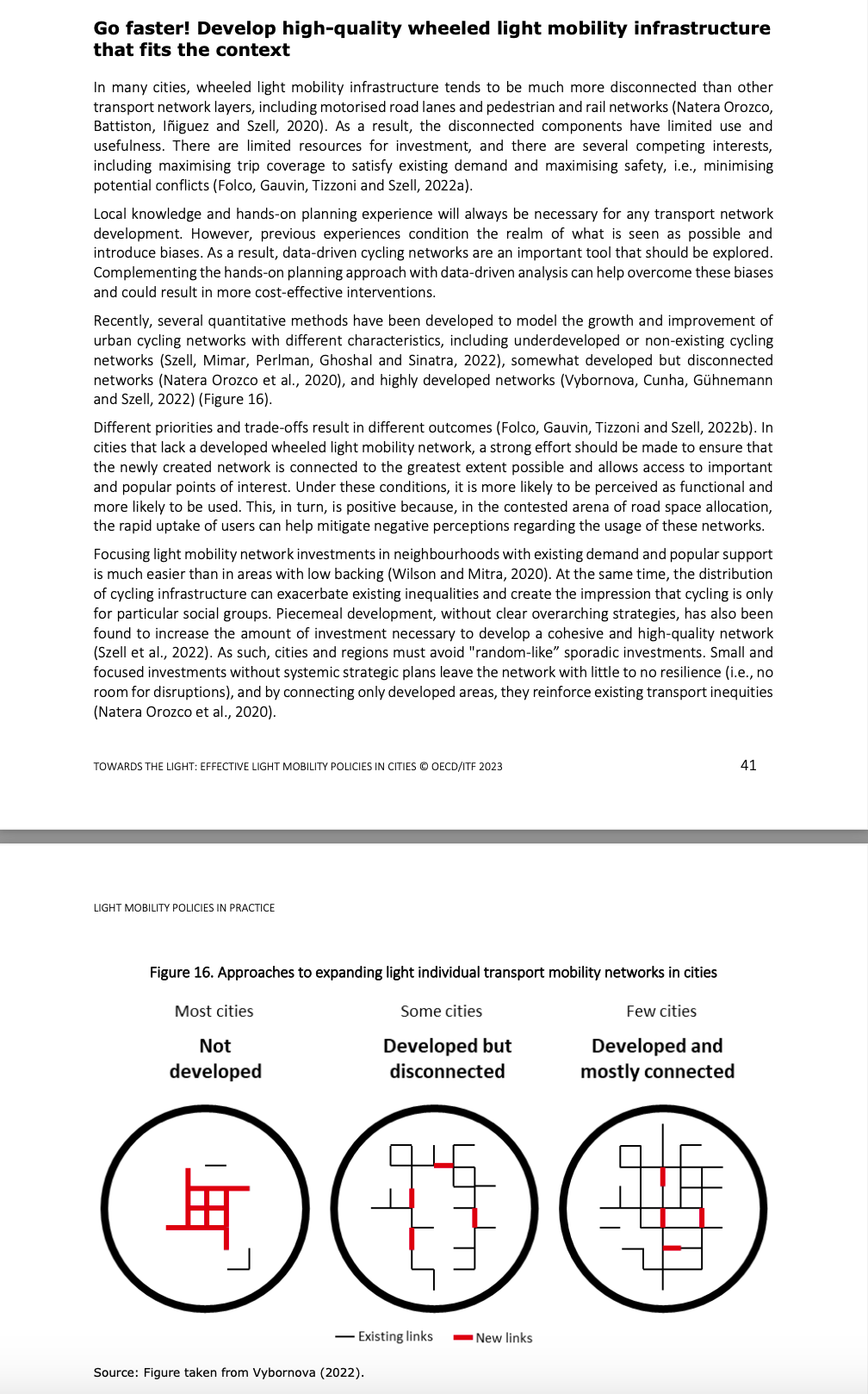

 Both salary and working conditions are excellent at ITU. NERDS is a down-to-earth and fun place to be,
Both salary and working conditions are excellent at ITU. NERDS is a down-to-earth and fun place to be, 